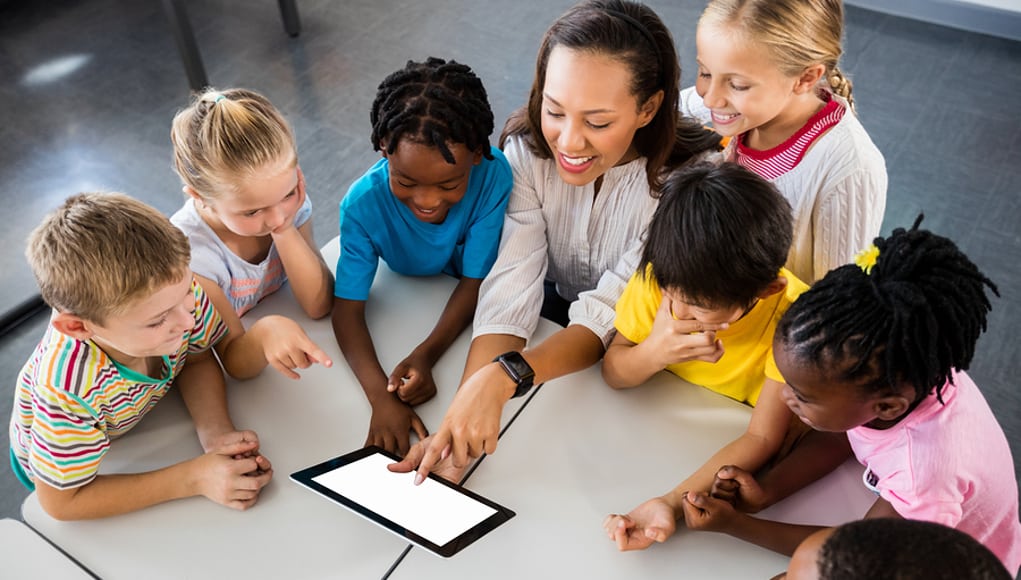
Education is the structured process of fostering learning, the acquisition of relevant knowledge, skills, abilities, moral beliefs, attitudes, and habits from people through education. Educational systems include formal teaching, coaching, teaching to others and supervised research. The process entails the development of students’ personality, individuality, sociability, ability to make learning enjoyable, adaptable to circumstances, and growth to current ability. It also involves the dissemination of information and knowledge to support individuals’ personal and professional growth and development.
Education differs from traditional schooling in that it is typically for all age groups and all ability levels; whereas, schooling is primarily for young children and adolescents. Traditional schooling involves formal classroom instruction and homework assignments; informal schooling involves family interaction, sports and other activities, study in groups, family counseling or guidance, work on individual’s course work, direct supervision by a teacher or school principal, parent-child interaction and peer tutoring (also known as peer tutoring). However, informal schooling can be integrated with formal classroom instruction in the form of family counseling or guidance, study in groups, work on individual’s course work, direct supervision by a teacher or school principal, student-teacher interaction, student-teacher contact, student participation in extracurricular activities, and professional development of the individual.
There are many schools offering online courses such as Blackboard, BrightHub, Codevelopment Academy, Centerfire, Geeks Academy, Learn Languages, Rocket Languages, Silhouette University, The Learning Annex, Unbound Education, ZENZUU, and many more. Education has changed immensely over the years; technology has allowed many schools to create an environment that is conducive for learning. Online education provides a good alternative for people who are not geographically or even time-constrained to attend normal face-to-face classes. Students can take the course at their convenience, at any time that they have a computer or access to the Internet. Although there are many advantages of nonformal education, some disadvantages such as time-constrain, lack of face-to-face interaction, non-utility learning, unavailability of qualified teachers or understanding of subject matters may make it an inferior choice for certain students.
